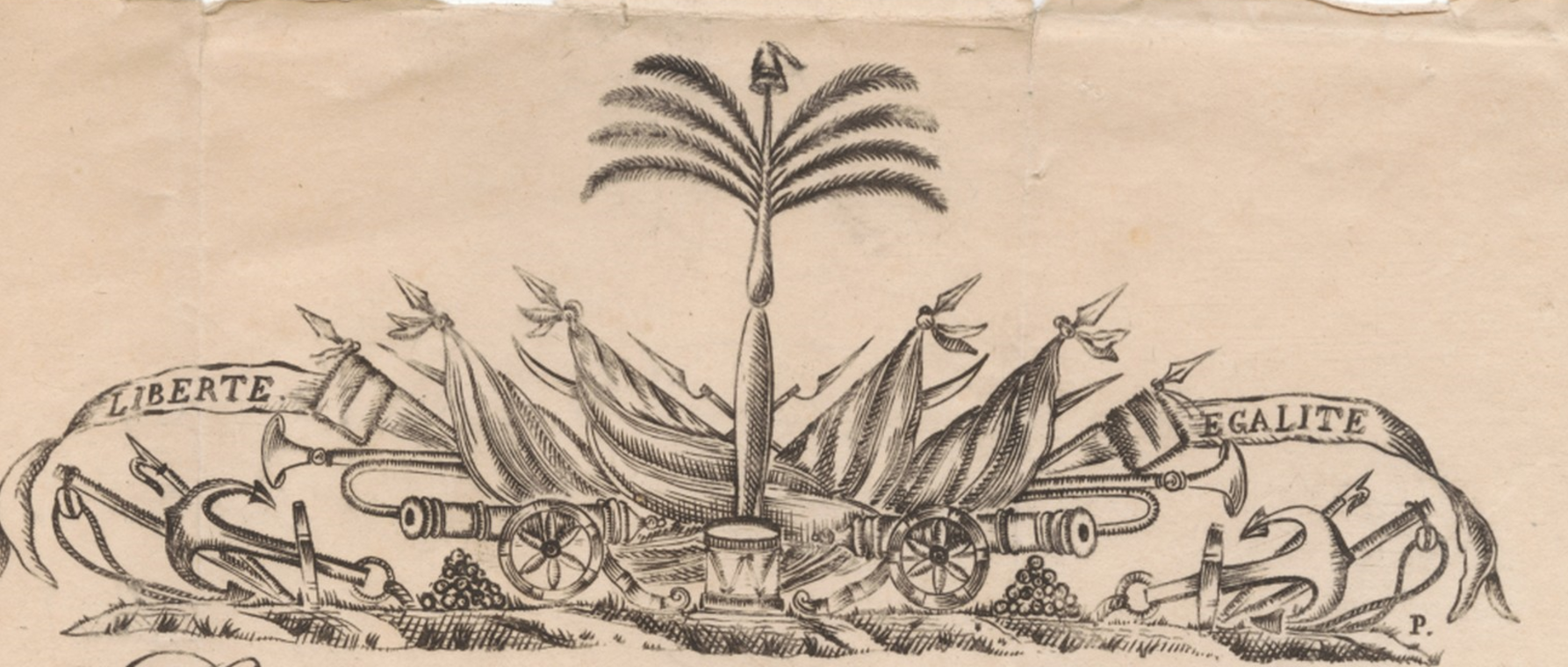The Unsung Revolution
Music and resistance in Haiti

Haiti, a former French colony in the Caribbean, won its sovereignty in 1804 following the Haitian Revolution. In the years afterward, the music of Haiti adopted many of the traditions—and sometimes even the same tunes—as that of its former colonizer. While this phenomenon may seem like an extension of the country’s subjugation, historical musicology PhD candidate Henry Stoll says that it’s consistent with Haiti’s successful struggle for independence.

“I’d assert that a lot of Haitians saw this development as less problematic than we do today,” Stoll says. “Haiti was a French colony, and this music was part of their intangible heritage. For early Haitians, they had just defeated the French; French music was their spoil of war.”
Stoll’s dissertation, “The Unsung Revolution: The Music of Haitian Independence, 1804–1820,” argues that much of early Haitian music followed French traditions, highlighting the difference between European Enlightenment ideals and the real-world treatment of colonies.
“At this time, French music held immense cultural power and prestige in the Atlantic world,” he says. “To parody it was a very powerful gesture. Parody doesn't necessarily mean funny at this time; it could just mean an appropriation of content.”
As an example, Stoll points to the way that Haitian musicians parodied the French national anthem, making use of the references to slavery in the song’s lyrics.
“Of course, the French had never experienced slavery,” he explains. “So, when Haitian artists use the French national anthem, it’s all the more ironic, because they’re directing the country’s own words and music right back at them. They’re saying, ‘Why is this French music? This is revolutionary music. This is our music.’”
I’m adding a new dimension to the way we understand the period after the Haitian Revolution, examining how music served independence—both in practice and in theory.
Stoll says musicians also parodied French traditions to capitalize on the familiarity of certain melodies since Haitian printers lacked the ability to reproduce music notation in the years after the revolution. With a simple indication, “sung to the tune of ___,” Haitian readers could make music out of what might otherwise appear as poetry.
“You don’t need to write any music at all.,” he says. “It was a great way for Haitian writers to communicate their lyrics without the need for accompanying notation.”

While much of Haitian music retained a French sound, Stoll argues that West African song had a distinctly populist message and served a different purpose than French-Haitian compositions. He contends Haitian music in the French style tended to be commemorative and nationalist with the capacity to drown out political discontent, while Haitian music in the West African tradition often exposed political corruption and dissatisfaction with the government.“Whenever there was a scandal in Haiti, or whenever assassins targeted whoever was ruling the country, the event was often accompanied by the music of rural Haitians,” he says.
Stoll says his research adds a musical dimension to our understanding of early Haitian statecraft and explores the importance of revision and parody in music, and as an inevitable consequence of independence.
“Haiti is the first country in the world to permanently abolish slavery,” he says. “I’m adding a new dimension to the way we understand the period after the revolution, examining how music served independence—both in practice and in theory. I’m exploring the meanings of parody and why it’s important to examine second takes, third takes, remixes, and so on.”
Haitian parodies of French songs are crucial, Stoll says, because ultimately they can have the power to replace the original—in some sense salving the wounds of history.
“What early Haitian parodists did was, I think, an improvement. By retexting familiar, and often commonplace, melodies, early Haitians made them much more interesting and much more engaging,” he says. “At their most powerful, song parodies can make us forget, or cause us never to know what came before. How many people can remember the tune that gave the American national anthem its melody?”
Photos courtesy of Henry Stoll
Get the Latest Updates
Join Our Newsletter
Subscribe to Colloquy Podcast
Simplecast




